Home » What Does the Latest Kratom Research Say?

What Does the Latest Kratom Research Say?
- Anthony Dent, Founding Member
- No Comments
Mitragyna speciosa, commonly known as kratom, is an ethnobotanical plant that has been gaining a lot of interest in recent years for its potential psychoactive effects and therapeutic benefits. Kratom research is still relatively new and ongoing, but scientists are starting to understand how this plant works and what it can be used for. Keep in mind that much of the research on kratom is still preliminary, so we’ll just be scratching the surface here.
In this blog post, we’ll look at some of the latest kratom scientific studies to see what scientists are learning about this promising herb.
Kratom’s Effects
Kratom’s two primary alkaloids – mitragynine and 7-hydroxymitragynine – are responsible for kratom’s stimulating and euphoric effects. Mitragynine binds to the mu-opioid receptor, which is also responsible for easing discomfort and soothing day-to-day pain. Kratom research suggests that kratom’s effects can differ depending on the potency level of the alkaloids.
Lower potency can cause stimulant-like effects, while high potency causes sedative-like effects. 7-hydroxymitragynine is about four times more potent than mitragynine, which is why high-potency kratom can cause sedative effects. Researchers at the University of Mississippi found that low potency kratom produces increased alertness, energy, and focus. In contrast, high potency kratom strains produce euphoria, calmness, and a mind-soothing state.
Kratom’s Potential Effects and Benefits
Kratom’s effects and potential benefits have been the subject of recent scientific research. Most of these studies have looked at the potential benefits of kratom use for anxiety, depression, and as an analgesic (pain-reliever). It’s important to understand that there’s no clear consensus among the scientific community that kratom is a good treatment for any of these conditions, and further kratom research needs to be completed.
One area where there have been promising results from kratom use has been in its potential to ease discomfort without the abuse potential associated with common pharmaceuticals. In an NCBI study, patients who were using kratom to manage chronic discomfort showed significant reductions in their intake of prescription medications. While these results are promising, kratom has not been approved as a treatment by the FDA.
However, based on kratom scientific studies over the years, regular kratom users have reported a wide range of uplifting, calming, soothing, relaxing, and stimulating effects. For some, kratom’s ability to provide a relaxing and mellow effect is what makes it appealing in the first place. Kratom research has shown that it has been used in traditional medicine for centuries as an analgesic and mood-lifter. So there may be some truth behind these anecdotal accounts of its effects on users.
Kratom’s Future
Kratom is not regulated by the FDA. Claimed dangers of kratom are due to using it combined with other substances like alcohol and benzodiazepines. There are concerns that kratom may be a gateway to harmful drugs, but there is no evidence of this.

As we learn more about kratom’s potential therapeutic benefits and risks through the latest kratom research, we should keep an open mind while also taking steps to safeguard against potential harms. Kratom advocates should also continue to work with the FDA and other regulatory agencies to promote responsible use of kratom and help ensure that it remains safe and available.
Learn More at The Kratom Company
Ongoing kratom scientific studies have provided us with some insight into how kratom functions and what potential benefits it may offer for therapeutic purposes. To learn more about kratom, it’s essential to educate yourself about this plant, stay up-to-date on the latest regulatory and legislative changes, and support organizations like the American Kratom Association that advocates for kratom’s safe use.
At The Kratom Company, we’re committed to providing you with accurate information about this unique plant and the latest kratom research findings related to it. We believe that knowledge is power, and we hope that the information we provide helps empower you and others who use kratom. Visit our blog to learn more.
Featured Products
-
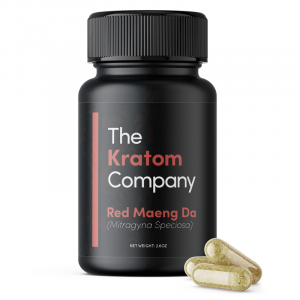 From $24.00Select options This product has multiple variants. The options may be chosen on the product page
From $24.00Select options This product has multiple variants. The options may be chosen on the product page -
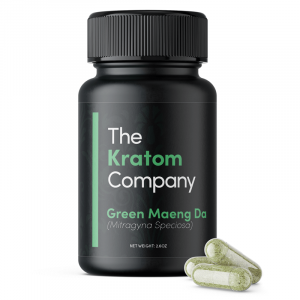 From $24.00Select options This product has multiple variants. The options may be chosen on the product page
From $24.00Select options This product has multiple variants. The options may be chosen on the product page -
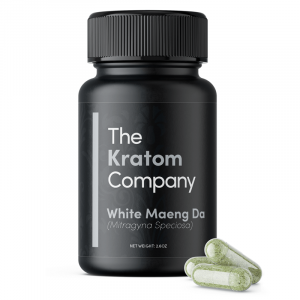 From $24.00Select options This product has multiple variants. The options may be chosen on the product page
From $24.00Select options This product has multiple variants. The options may be chosen on the product page
Explore More Posts
Product Search
Featured Products
-
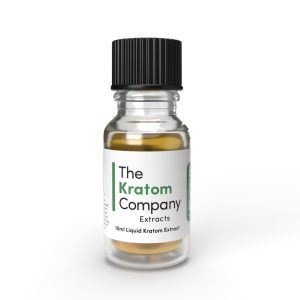 Pure Kratom Liquid Extract
Rated 4.72 out of 5From $20.00
Pure Kratom Liquid Extract
Rated 4.72 out of 5From $20.00 -
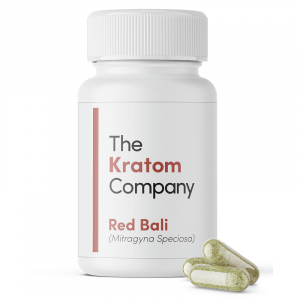 Red Vein Bali Kratom Capsules
Rated 4.70 out of 5From $24.00
Red Vein Bali Kratom Capsules
Rated 4.70 out of 5From $24.00 -
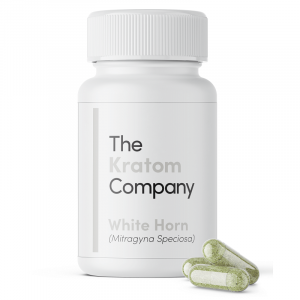 White Horn Kratom Capsules
Rated 4.88 out of 5From $24.00
White Horn Kratom Capsules
Rated 4.88 out of 5From $24.00
Recent Blogs
Follow Us
Strains
Blogs
NEWSLETTER
Sign up for our newsletter!

These statements and products presented on this website have not been evaluated by the Food and Drug Administration FDA. The products mentioned on this website are not intended to diagnose, prevent, treat or cure any diseases or health conditions. Therefore any information on this website is presented solely as the opinions of their respective authors who do not claim in any way shape or form to be medical professionals providing medical advice. The KRTM Company and its owners or employees cannot be held responsible for, and will not be liable for the inaccuracy or application of any information whatsoever herein provided. By purchasing our products you agree that you are aware and in compliance with your local county, state, or federal regulations. Must be 21 years or older to purchase Kratom. The US FDA has not approved kratom as a dietary supplement. We do not ship to the following states, cities and counties in the US where Kratom is banned: Alabama, Arkansas, Indiana, Rhode Island, Vermont, Wisconsin, Sarasota County, FL, Union County, MS, Denver, CO, San Diego, CA, and Jerseyville, IL.





